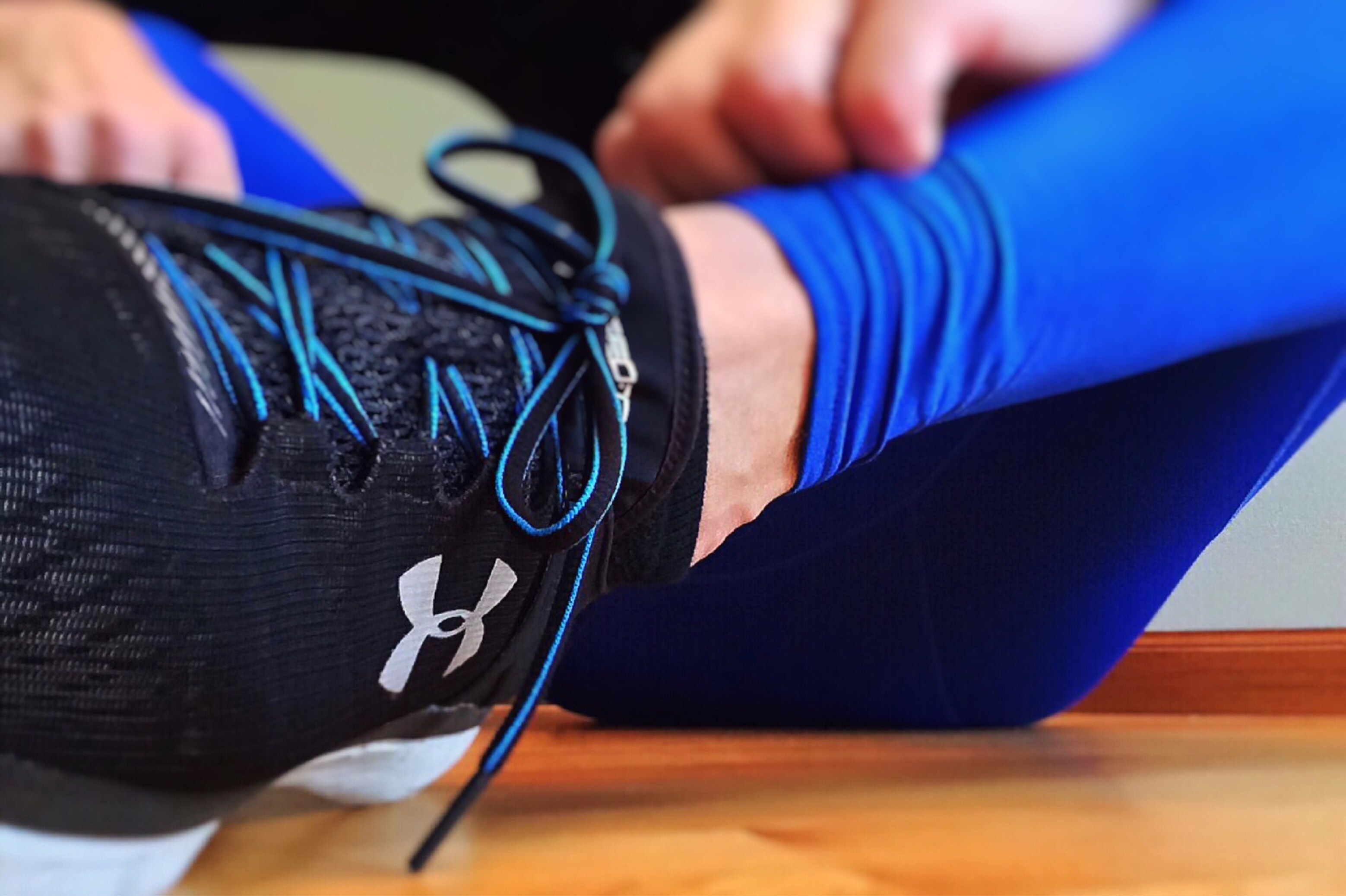Multiple factors influence how much vitamin D you need to take. While vitamin D is made in your skin during exposure to sun, if you have dark skin, are a senior, or live in a higher latitude your skin is not able to synthesize vitamin D adequately.
The best way to find out if you need to supplement with vitamin D is a blood test. The only blood test that can diagnose vitamin D deficiency is a 25-hydroxyvitamin D. Get your levels between 50 – 80ng/ml year-round.
I have outlined some general recommendations below. Remember to supplement with Vitamin D3, not D2.
Winter
Everyone should supplement with vitamin D during the winter months. Scientists are starting to discover that low vitamin D may be a key factor in your risk for getting the flu/colds during the winter time. It also may play a role in seasonal affective disorder.
Adults and children (>10yo): 5,000 IU/day
Children (1yo or older): 1,000 IU per 25 lbs. of bodyweight per day
Infants (<1yo): 1,000 IU/day from supplements and formula
Breastfeeding moms: 5,000 IU/day
Summer
Vitamin D levels during the summer can vary greatly from person to person. Skin tone, age, sunscreen use, and latitude all play important roles in your vitamin D level. Children and Adults who get 15-20 minutes of unfiltered sun exposure during midday every day should not need a vitamin D supplement.
Seniors: 3,000 IU/day or more depending on blood levels
Adults: 2,000 IU/day minimum if not outside in the sun every day
Breastfeeding moms: 5,000 IU/day
Check Regularly
Have your vitamin D levels checked throughout the year. Remember your vitamin D level should be 50-80ng/ml, anything lower than that requires supplementation. When choosing supplements, be sure to choose Vitamin D3 and not D2.
Source: vitamindcouncil.org
 By Dr. Jason Brown | Jason is a chiropractic physician currently practicing in Centreville, VA. He earned his Bachelor’s Degree in Nutrition from the University of North Carolina Greensboro and graduated from Palmer College of Chiropractic in Florida with his Doctor of Chiropractic degree. Dr. Brown has extensive knowledge regarding the effects of diet on inflammation and disease. He can be reached for questions and comments at drbrown@centrevillechiro.com or www.centrevillechiro.com.
By Dr. Jason Brown | Jason is a chiropractic physician currently practicing in Centreville, VA. He earned his Bachelor’s Degree in Nutrition from the University of North Carolina Greensboro and graduated from Palmer College of Chiropractic in Florida with his Doctor of Chiropractic degree. Dr. Brown has extensive knowledge regarding the effects of diet on inflammation and disease. He can be reached for questions and comments at drbrown@centrevillechiro.com or www.centrevillechiro.com.




